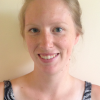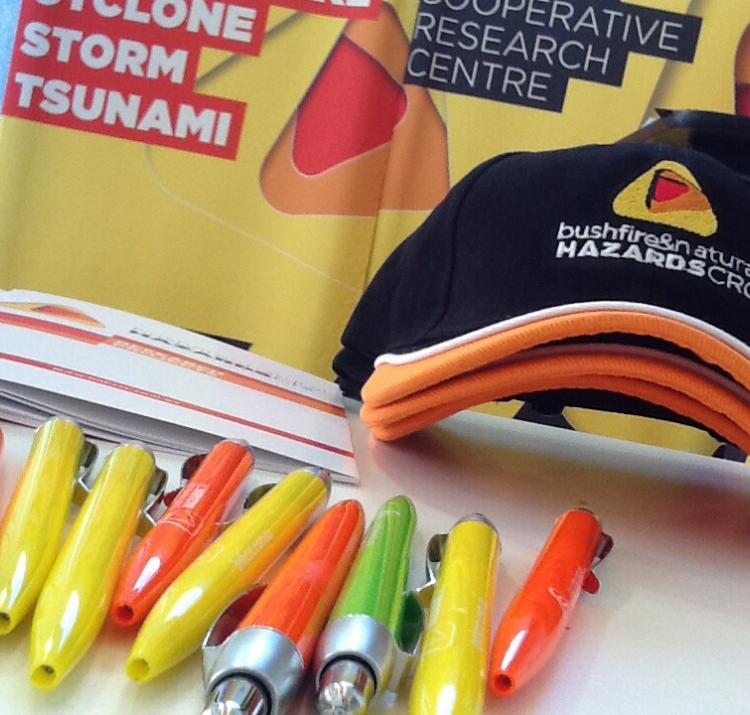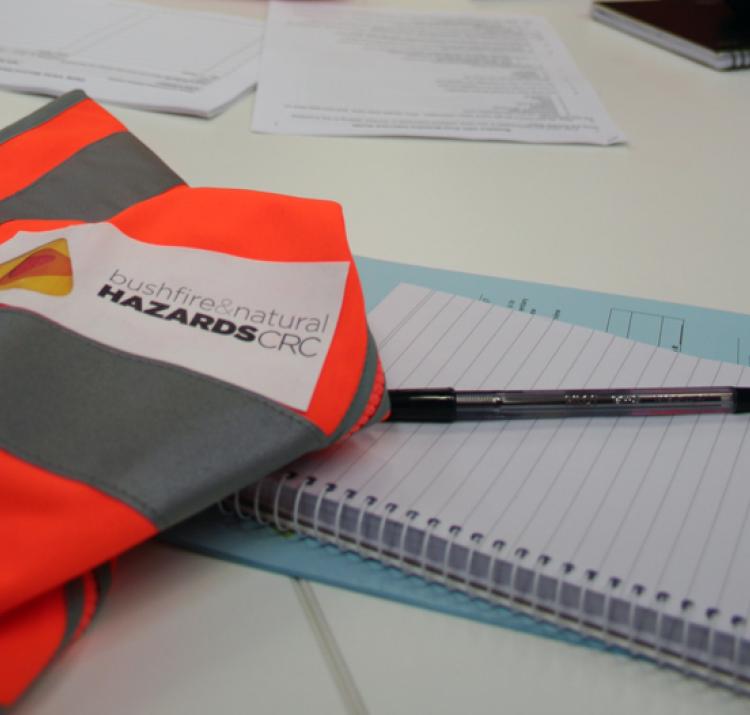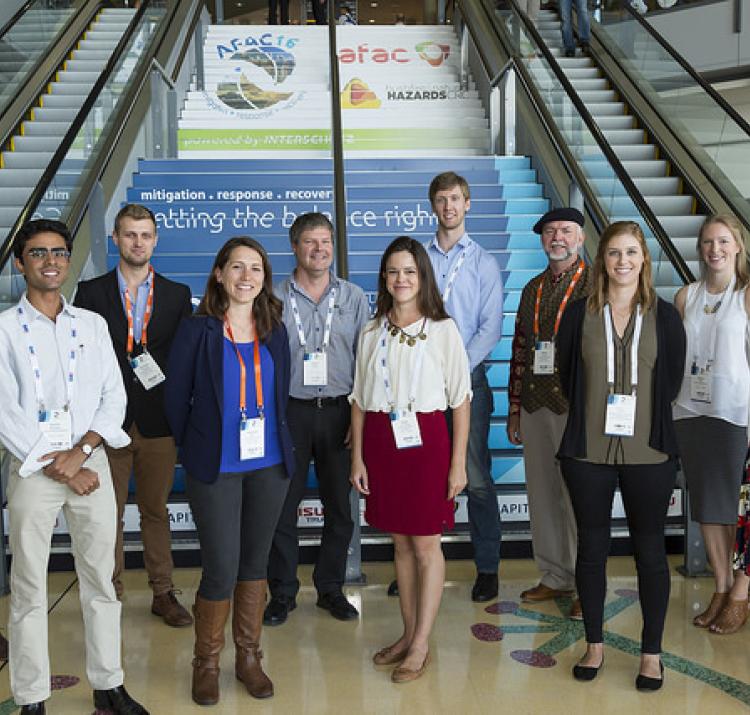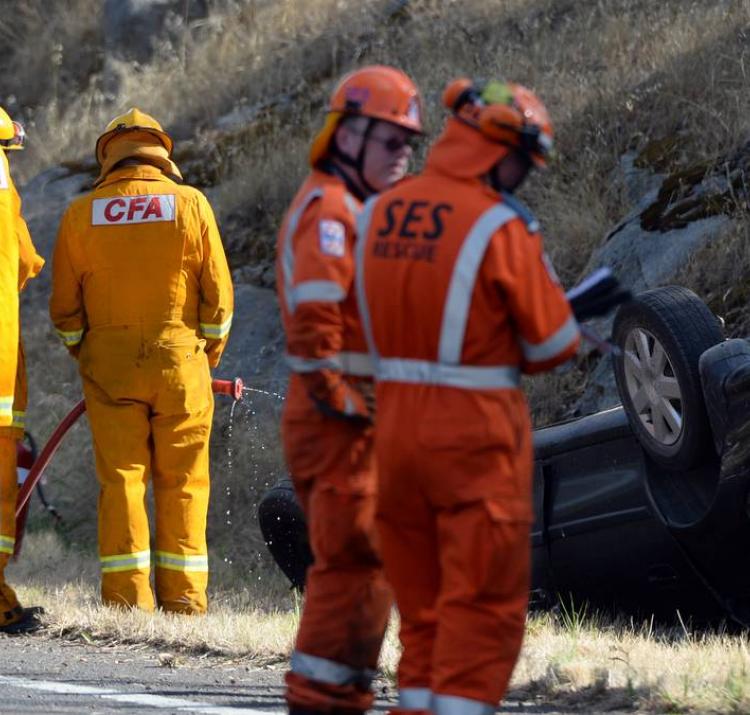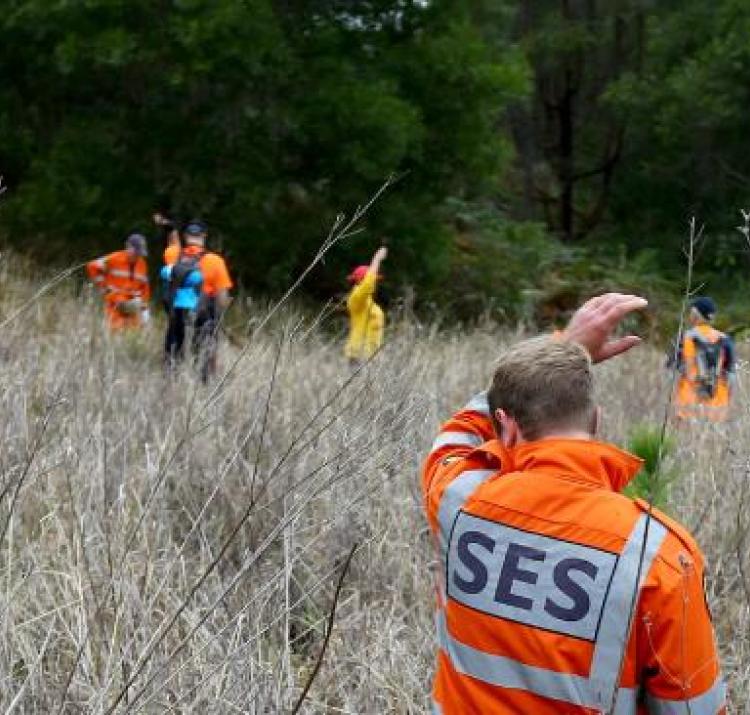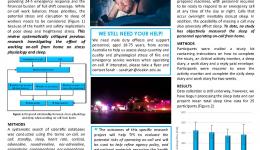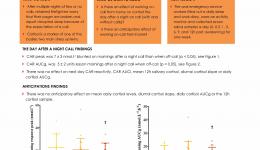Student researcher
This PhD investigated the effect of working on-call on the sleep and physiological stress of fire and emergency service workers. Participants in this study wore an activity monitor on their wrist for two weeks and completed a daily sleep and work diary, they also collected saliva samples for the first week of the study.
This data was used to examine how subjective and objective sleep is affected when working on-call from home and to quantify the effect of working on-call from home on the activity of the two main stress systems. The study found that some aspects of sleep and physiological stress are affected by this form of work scheduling.
This project was completed in July 2018.
| Year | Type | Citation |
|---|---|---|
| 2019 | Journal Article | Salivary cortisol profiles of on-call from home fire and emergency service personnel. The International Journal on the Biology of Stress (2019). doi:https://doi.org/10.1080/10253890.2019.1584178 |
| 2018 | Journal Article | Sleep in wildland firefighters: what do we know and why does it matter?. International Journal of Wildland Fire 27, (2018). |
| 2018 | Thesis | Sleep and stress in on-call fire and emergency service workers. Faculty of Health PhD, (2018). |
| 2017 | Journal Article | The effect of working on-call from home on salivary cortisol in fire and emergency service personnel. Psychoneuroendocrinology 83, (2017). |
| Date | Title | Download | Key Topics |
|---|---|---|---|
| 18 Jun 2019 | Sleep and stress in on-call fire and emergency service workers |
|
emergency management, response |

